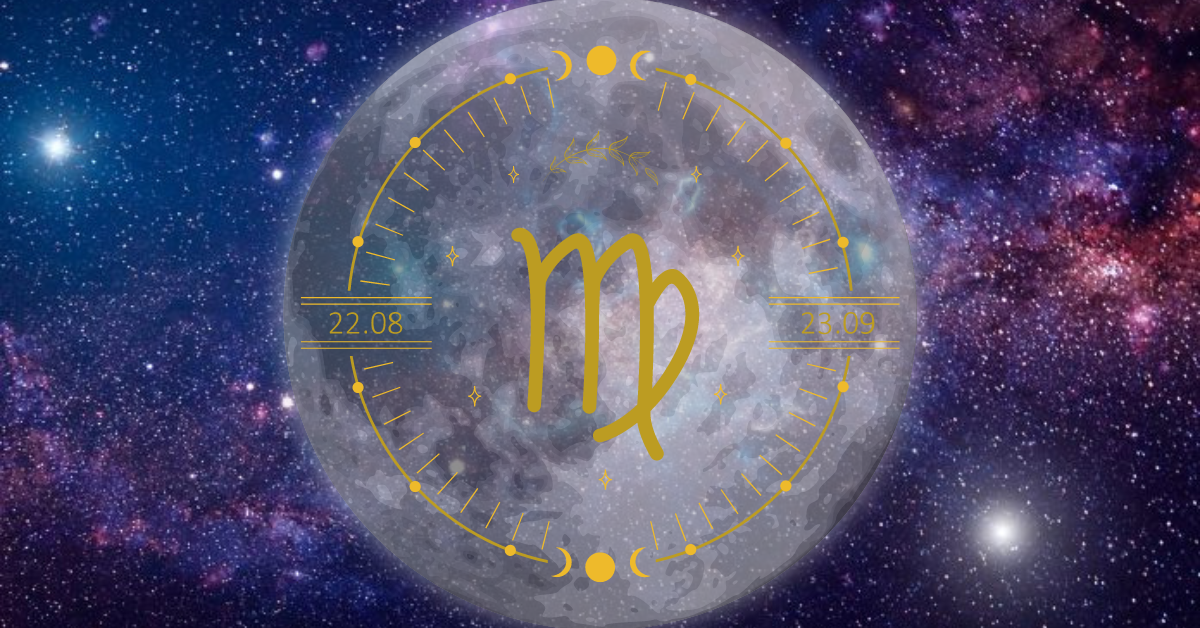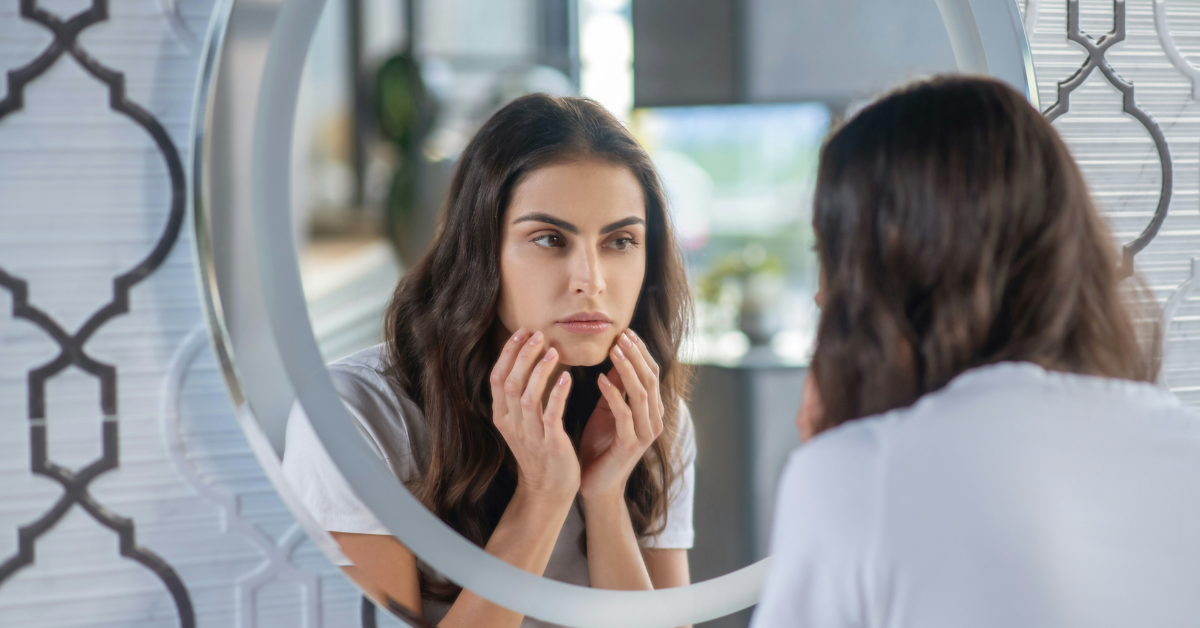by Lexi Inks
Like any other little girl, I often played with baby dolls, grocery shopped for plastic bananas and apples in my play supermarket, and cooked in my toddler-sized kitchen during childhood. There’s something to be said for learning life skills from a young age, but as with many other women, I know that these toys were designed to prepare me to become a mother… something I now feel will never happen.
I don’t think I ever really romanticized motherhood, but I certainly understood it to be part of my purpose as a woman. As a child raised in both the south and the Christian church, I always saw myself growing up to have kids of my own one day; it wasn’t even a question until my early twenties. Some might think that flailing along your career path and life after college is a rite of passage, but they probably didn’t do so while trying — and failing — to manage severe mental illness.
How I Discovered I Was Mentally Ill
My journey into post-grad adulthood was a chaotic one, which came as no surprise to those close to me. I hopped from job to job and place to place, having very little stability or continuity in my vision for the future. I went from working in retail to theater to music to teaching… and somehow landed in journalism a few years later. While my career path is much clearer and secure now, looking back I can see how each misstep and curve along that road mirrored those within my mental illness. Hindsight is 20/20, as they say.
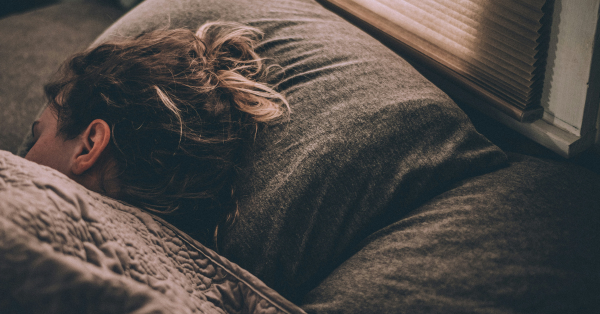
It wasn’t until after my second involuntary hospitalization that I saw it: the discharge paperwork was imprinted with “Bipolar II” in bold letters. While I don’t know of anyone who would feel excited at the thought of owning a label like “Bipolar,” I have to admit that a small wave of relief did wash over me as I began to process. My diagnosis — what was originally referred to as a vague “mood disorder not otherwise specified” — now had a name.
Seven years after my first of three involuntary hospitalizations, I now take four daily medications, see my psychiatrist every other month, and have been in therapy for nearly ten years. I almost find it amusing that I always choose to wash down my chalky, bitter pills with juice, as if it will “sweeten” the realization that I will have to take psychopharmaceuticals for the rest of my life. It wasn’t until I spent 10 weeks in an intensive outpatient program for mental illness that I began to fully grasp and make peace with the idea that my Bipolar II, C-PTSD and Generalized Anxiety Disorder will be present with me for the long haul.
Letting Go Of The Idea Of Motherhood
I had always envisioned gliding through my 20s into a relationship, marriage, and then children. No part of my young self would have tried to manifest being single, living alone in a 500 square foot apartment with a dog and taking antipsychotics as my nightcap. Yet, that became my reality, forcing the old vision to slip away — babies included.
The thought of being responsible for a life other than my own or my dog’s is terrifying when I consider the instability I’ve experienced throughout my twenties. What would happen if my baby was crying in my arms while I was having a panic attack, or if I was experiencing mania and did something to endanger my toddler? How would I be able to soothe and care for them when I can barely handle myself?
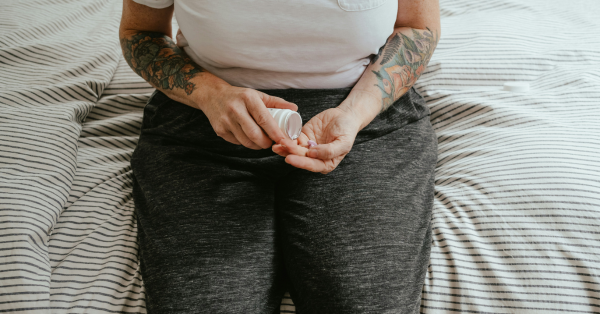
Despite the fact that I have been on medication for so long, I’ve been guilty of inconsistency over the years. What would happen if I missed enough doses that I fell into another depressive episode? If I can barely get up in time for work and I struggle to even brush my hair once a day, how on earth can I be expected to follow a feeding schedule for a baby, or ensure that my child gets to school on time?
Having attempted suicide and having lived through more depressive and hypomanic episodes than I can count, I say with full certainty that I have no business procreating. That’s not to say I feel like every woman with mental illness shouldn’t be a mom — I feel very differently, actually. I know plenty of parents who live with anxiety, depression, and even Bipolar disorder who take incredible care of their children, keep their emotional health in check, and are raising some pretty stellar kids. At the end of the day, I just know that raising children is not for me.
Not only does being childfree suit my lifestyle and vision for the future, but I also don’t know that I want to ever have a lifelong partner to co-parent with. Living without the extra responsibility and duty to cater to someone else’s wants and needs is a luxury I enjoy and try not to take for granted. Still, I can’t deny that there is a small part of me that mourns the idea of motherhood.
Being Happy Without Children
Even though I try to hide it, I do experience pangs of sadness sometimes knowing that my womb will never see the miracle of pregnancy. That I won’t fulfill such a unique aspect of being a person with a uterus. My family and friends will never have the opportunity to see me blossom into a nurturing caregiver, and I may neve get to experience that feeling of loving another being more than you love yourself. It’s a lot to reconcile, but I do feel like I’m doing the right thing.
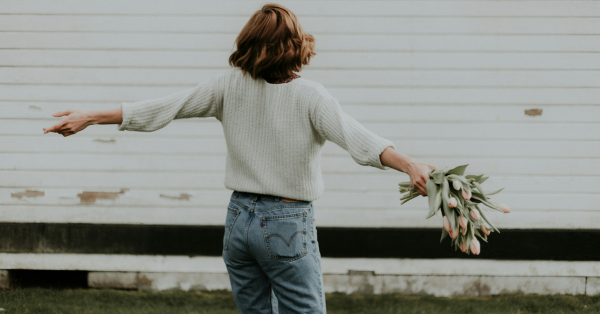
I want to break the cycles of generational trauma passed down through my family — especially the women in my bloodline — and leave a legacy of freedom and independence in my wake. I can be the first woman in my ancestry who didn’t feel the societal compulsion to rely on marriage and family-building to define who I am, and that feels powerful to me.
I’m now enjoying my 30s, and am realizing that womanhood is what I make it; becoming a mom, much less a “good one,” isn’t a requirement to celebrate who I am and what I have to offer to the world. No matter how hard Western society tries to push the narrative that a woman’s worth is in her ability to raise children, I know that I am so much more than my reproductive capabilities, and remaining childfree is a valid choice. I can still enjoy the children that already exist in my life — and appreciate the moments when they serve just as much birth control as they do a blessing.



